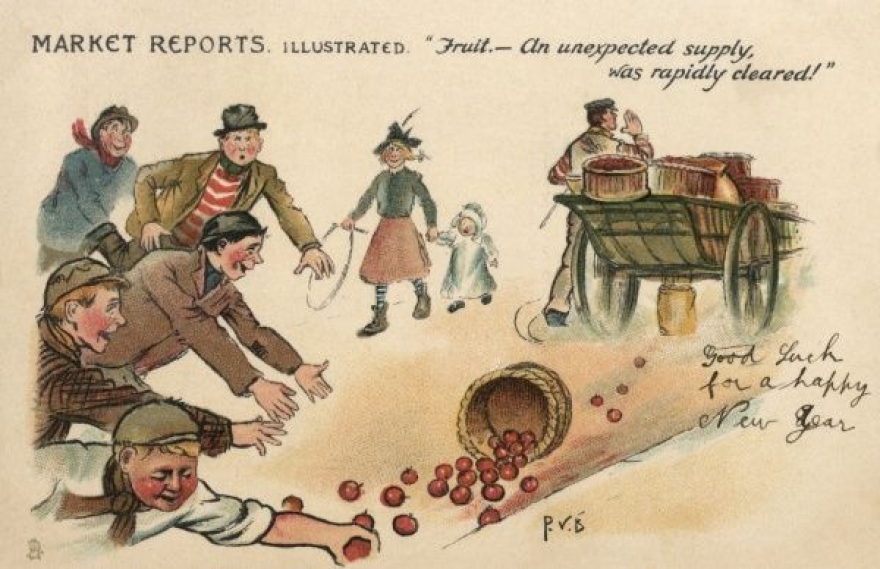The inventor of gross domestic product — the sum of all goods and services of a particular nation — warned that it was not a good measurement of human welfare. Yet, since the 1940s, the single number has dominated policy recommendations, despite those foundational shortcomings. A recent report highlights the economic contributions and costs that GDP fails to take into account.
“Economic Well-being in North Carolina” uses state and federal data to account for the hidden cost of water pollution or divorce rates. Meanwhile, unpaid labor like parenting is given a dollar value and the report adds it into the overall economic picture. The author of the report, Juhi Modi, talks with host Anita Rao about how a new measuring stick for the economy can help policymakers prioritize human wellbeing over industrial growth. The report was supported and published by Gross National Happiness USA, a non-profit advocating for new measurements of progress and success.









